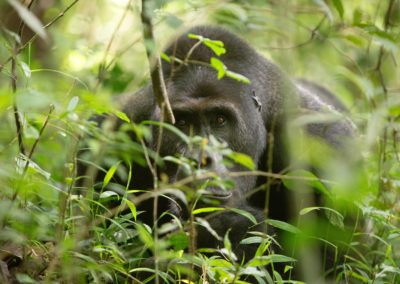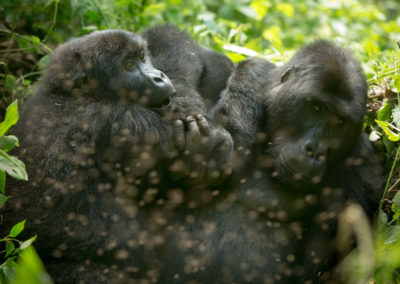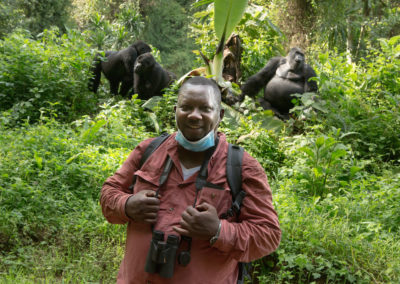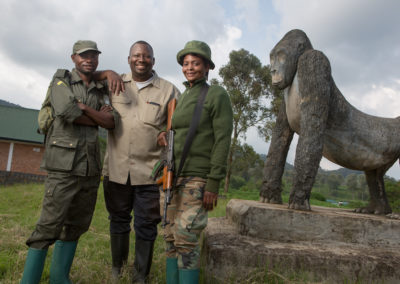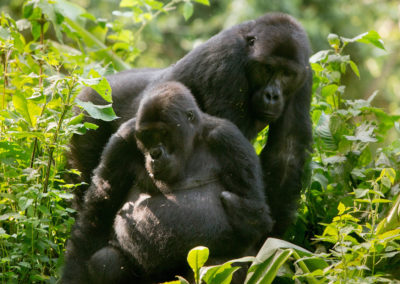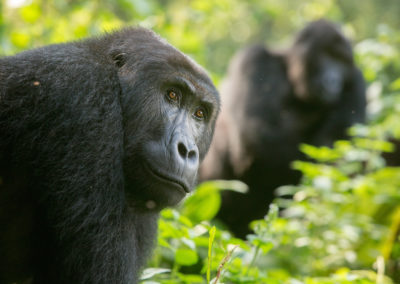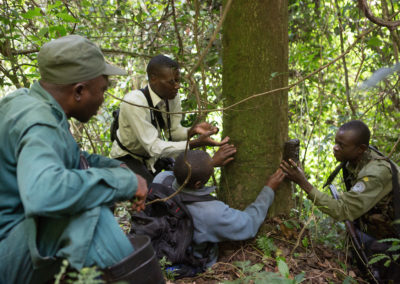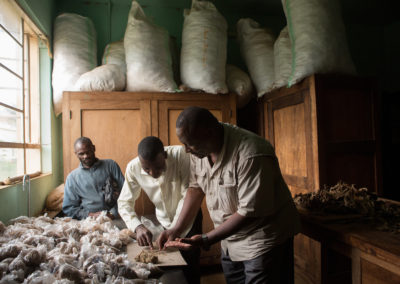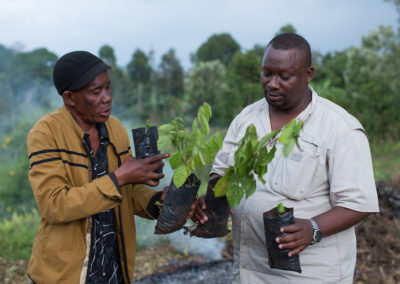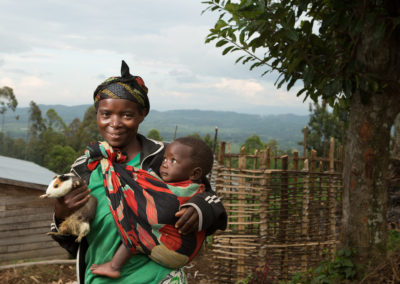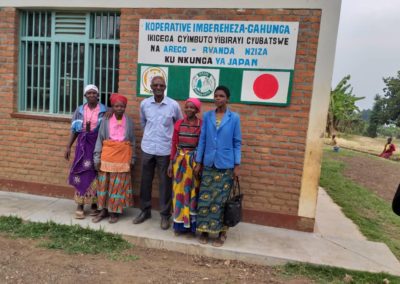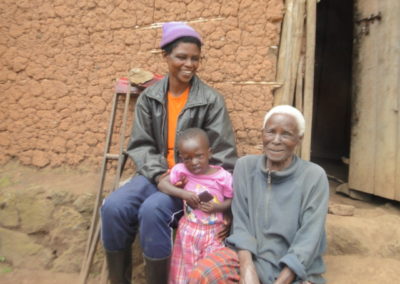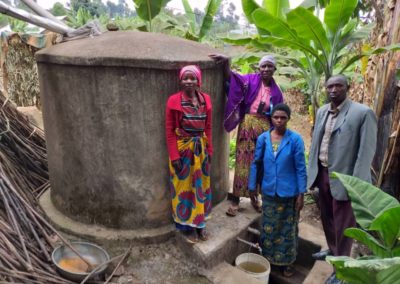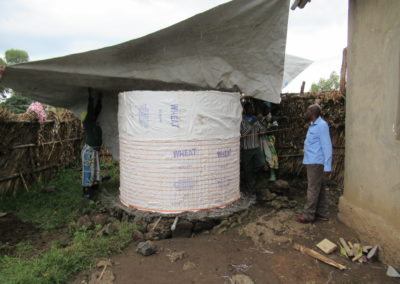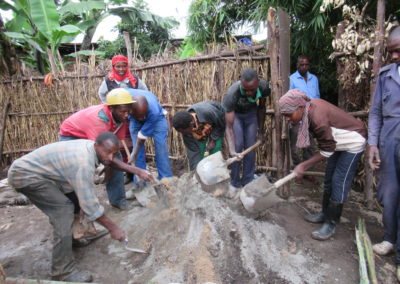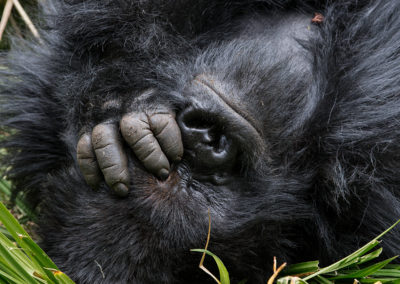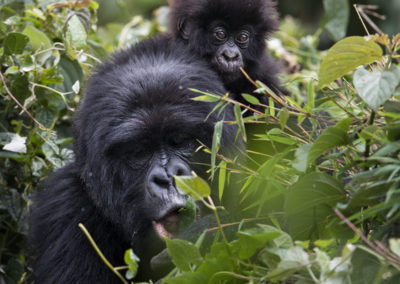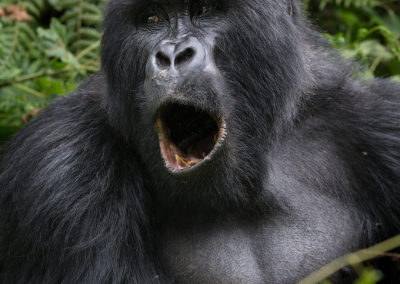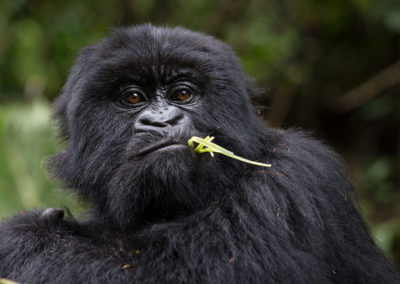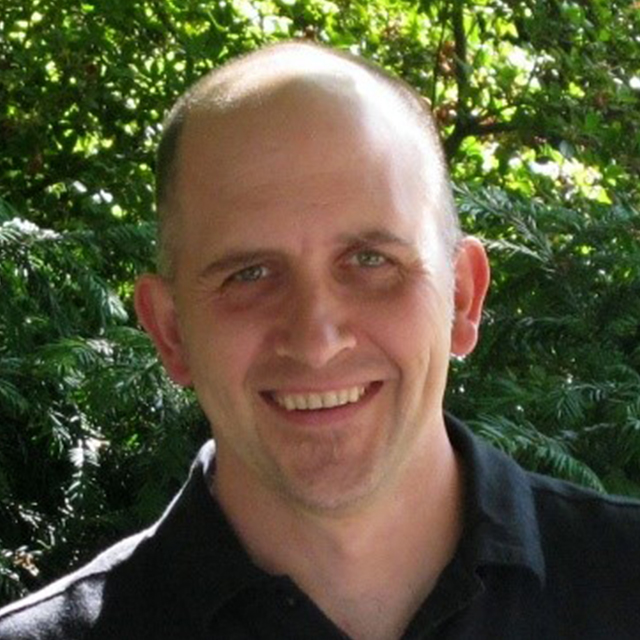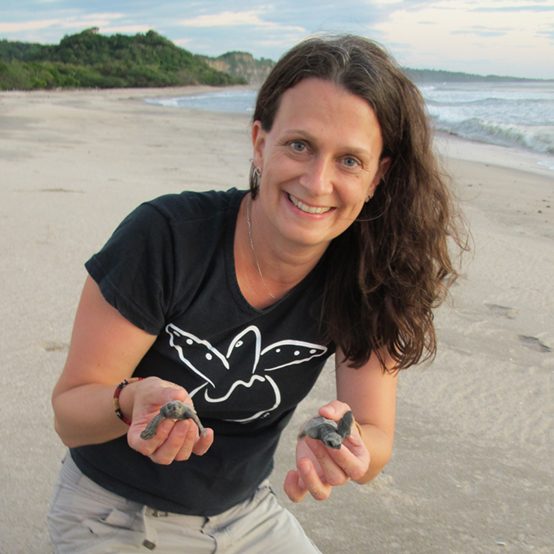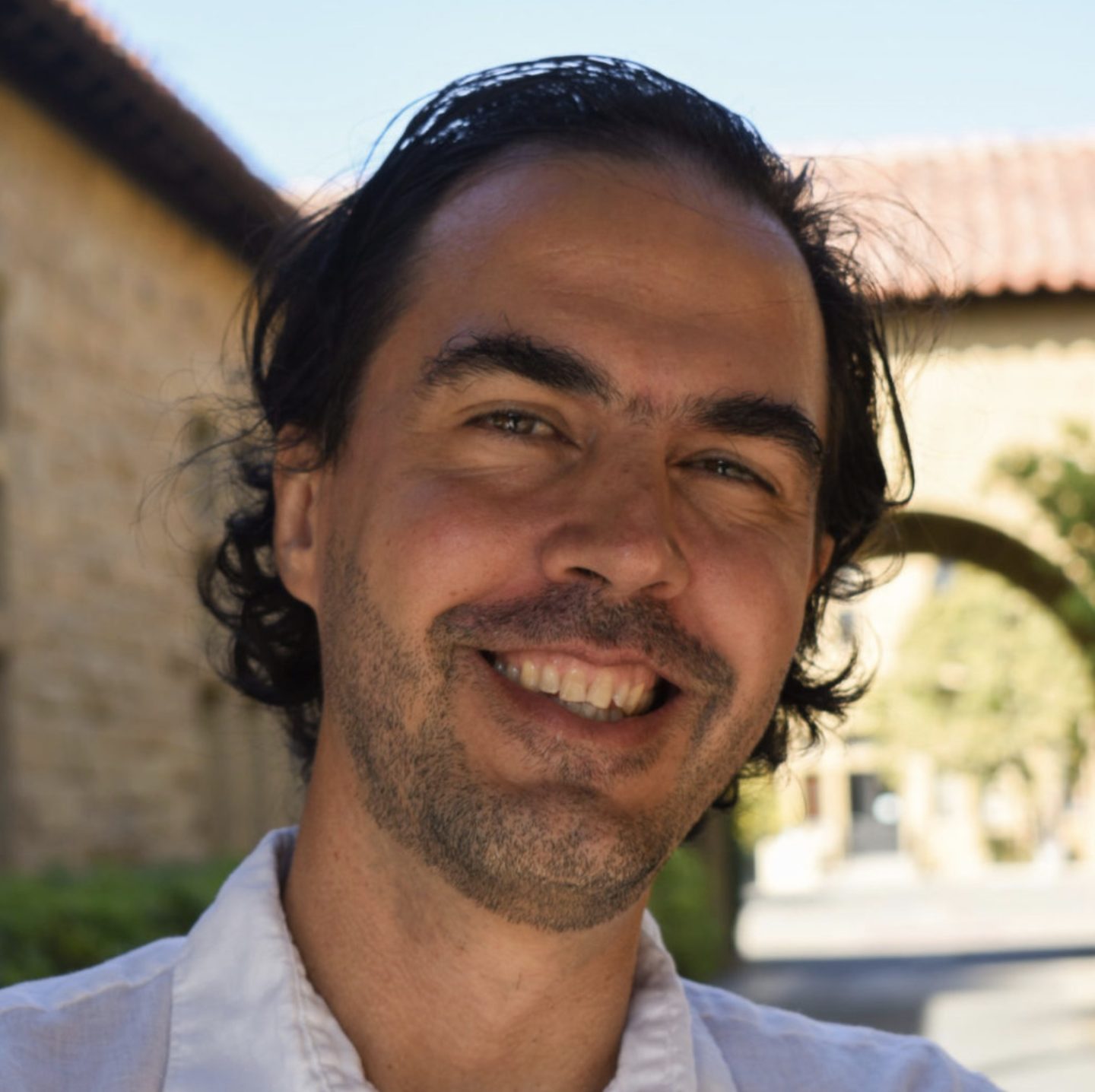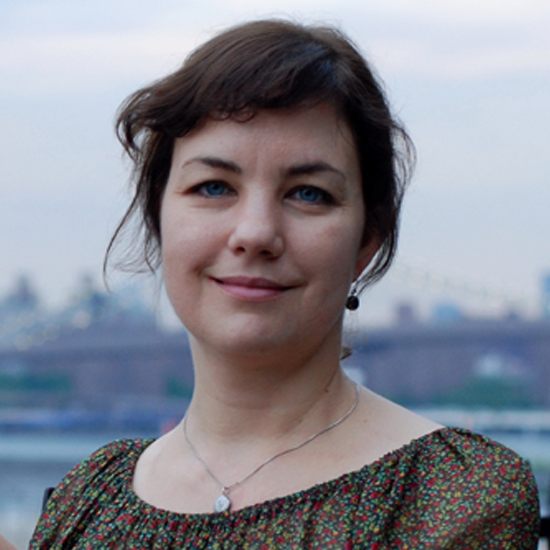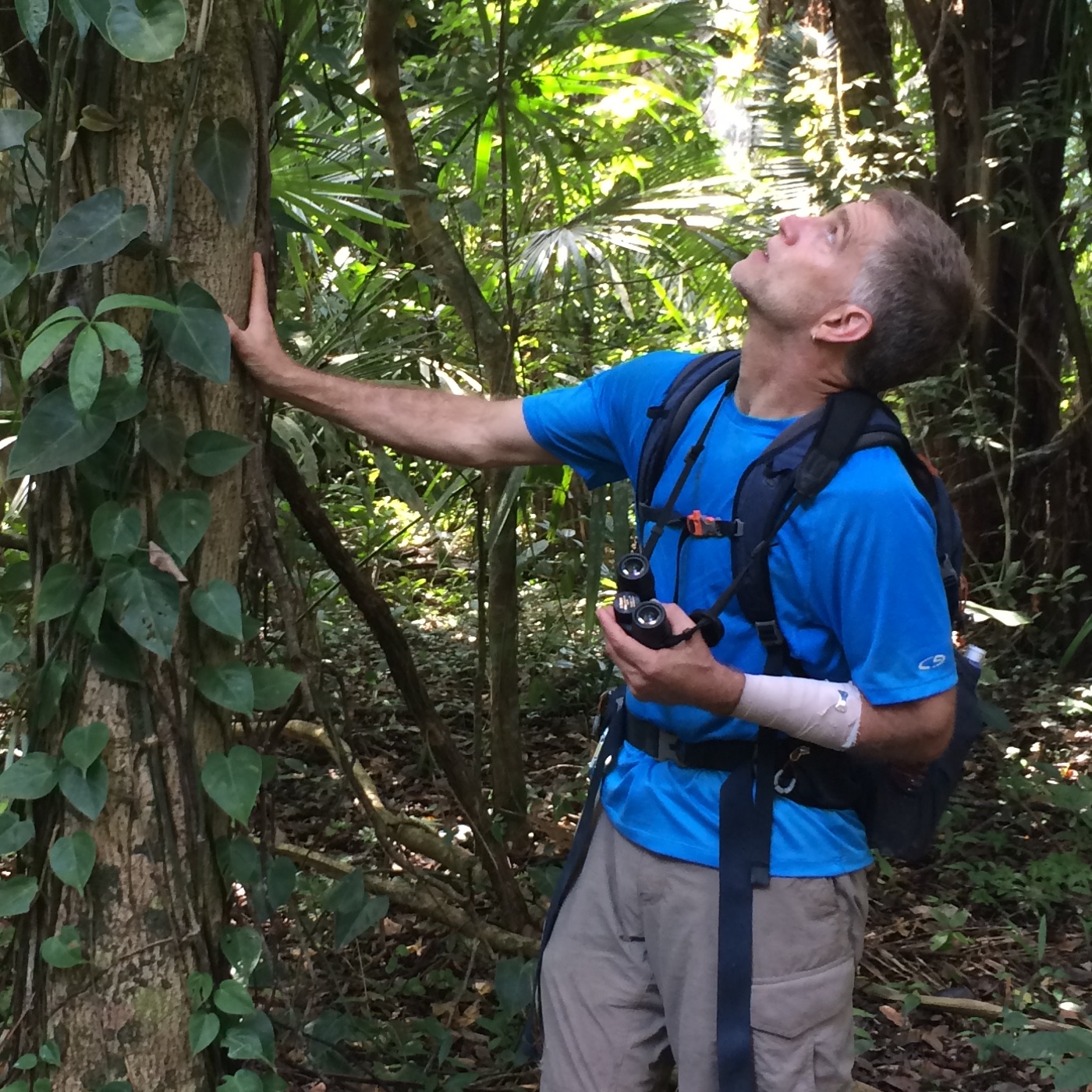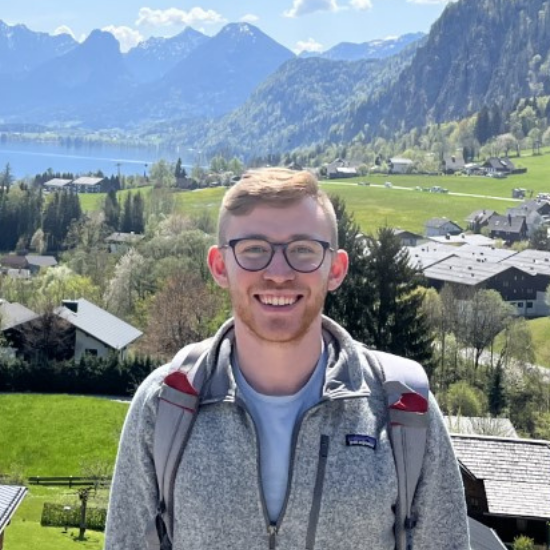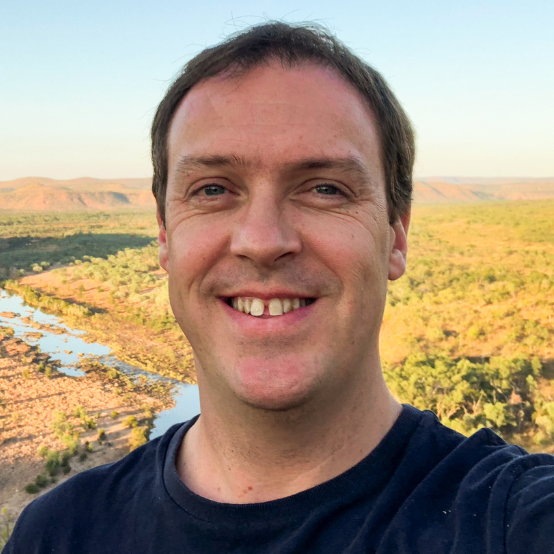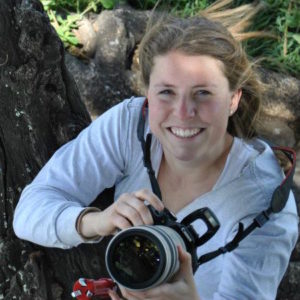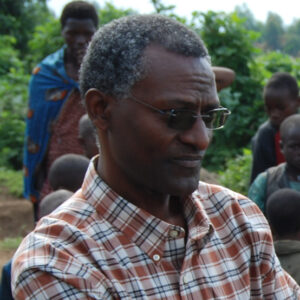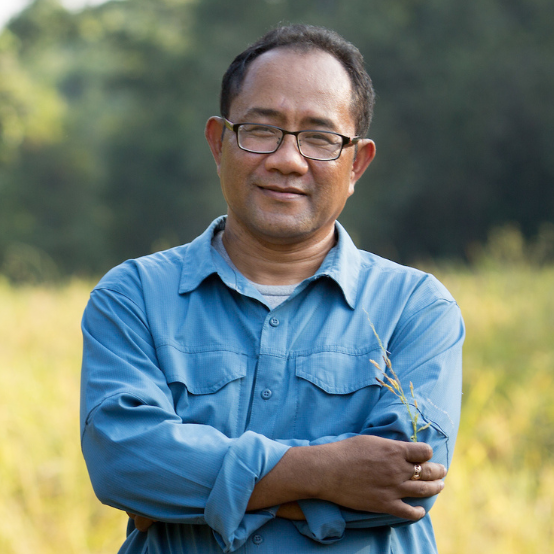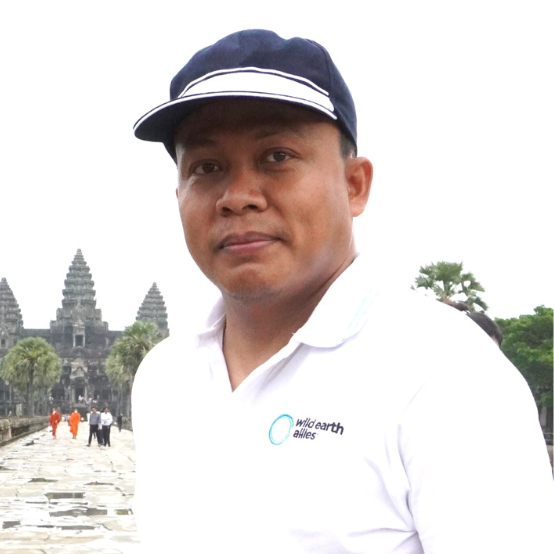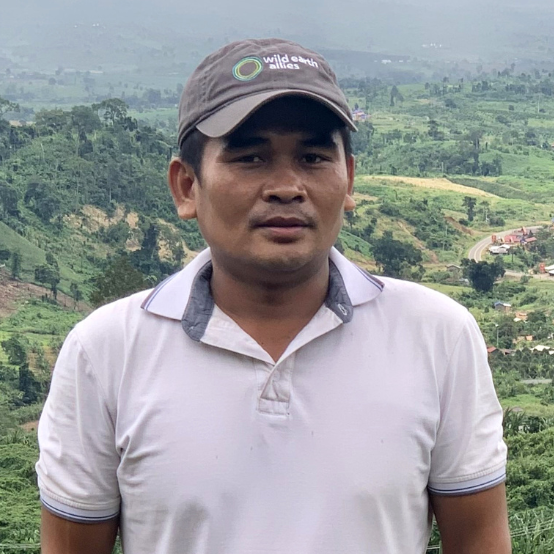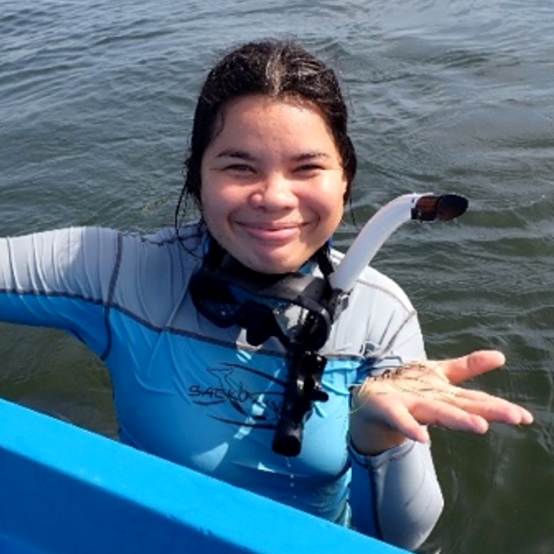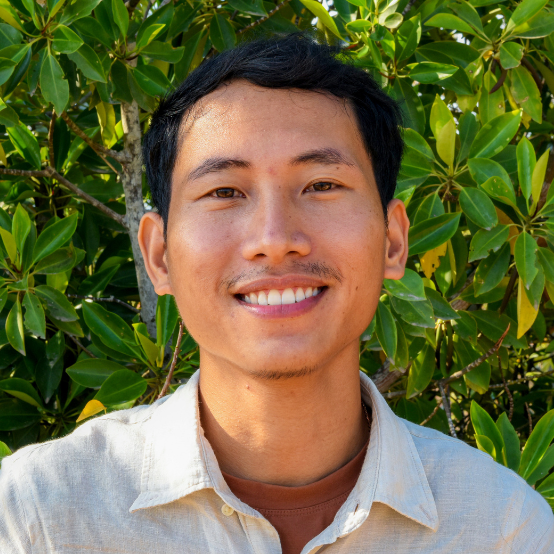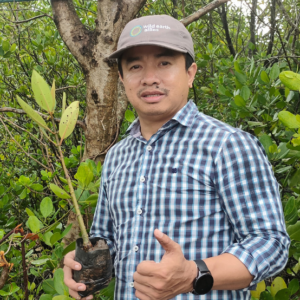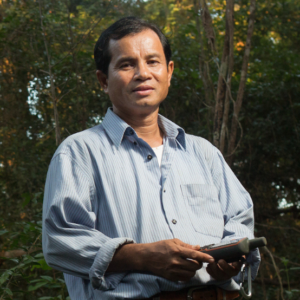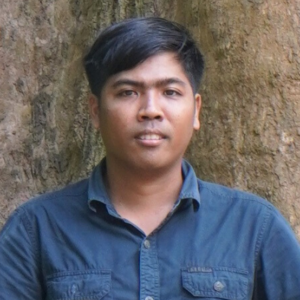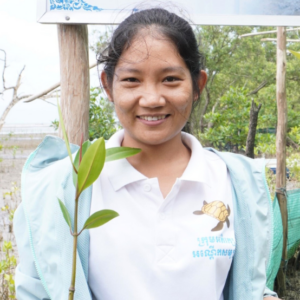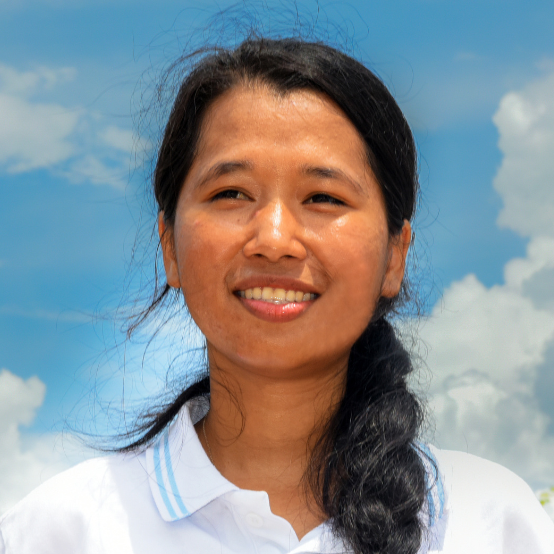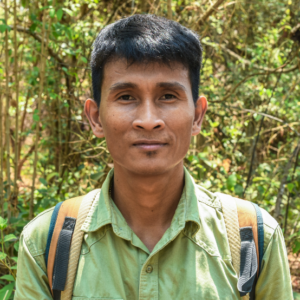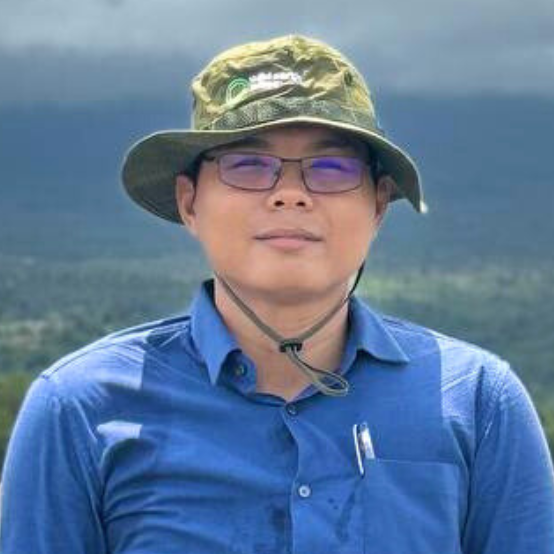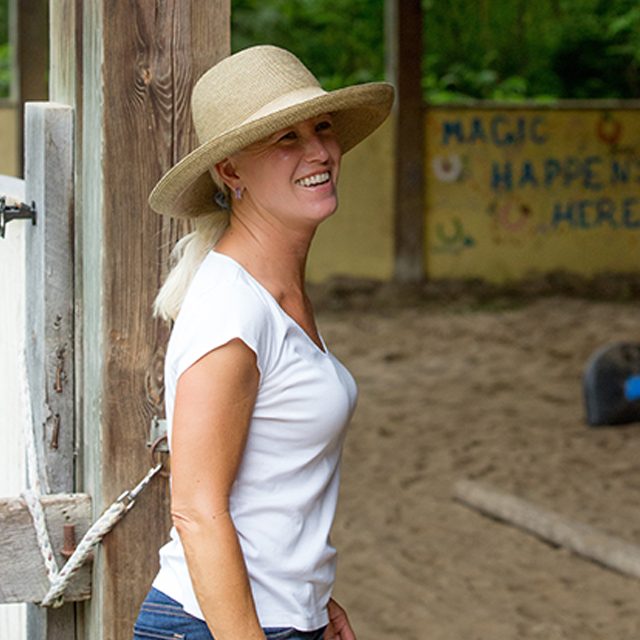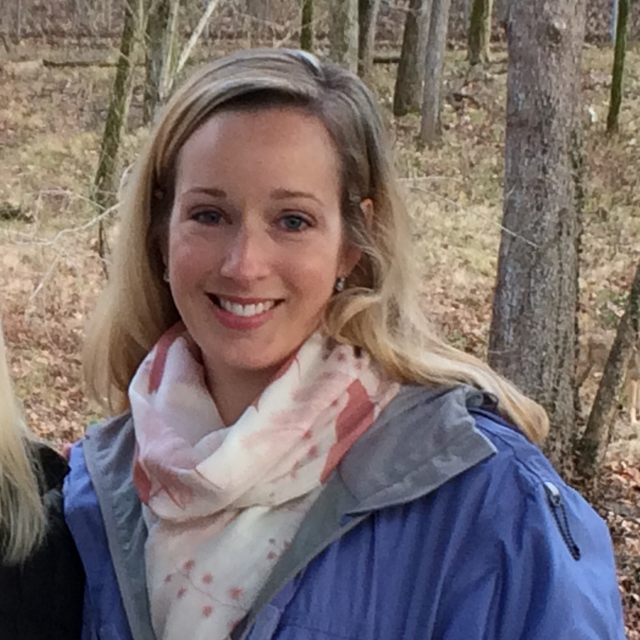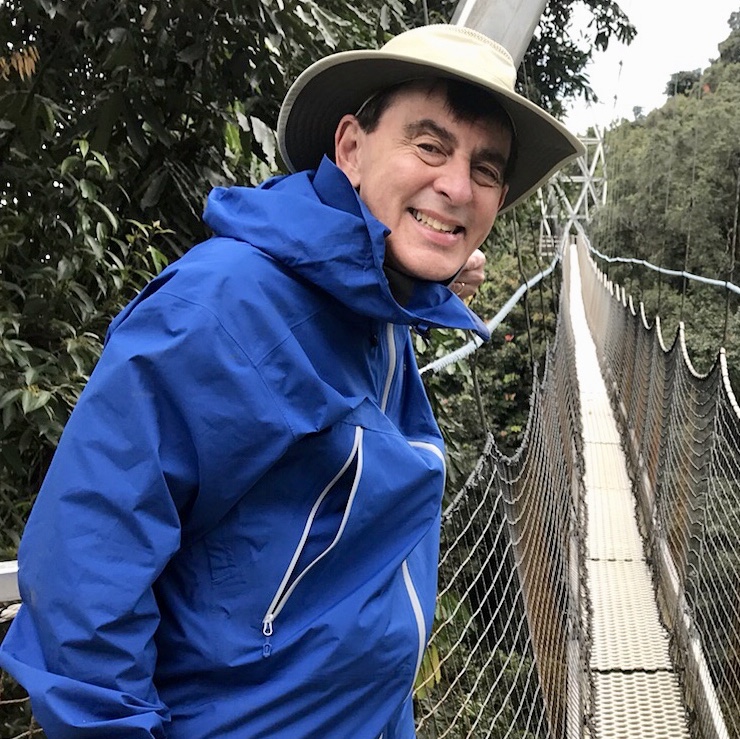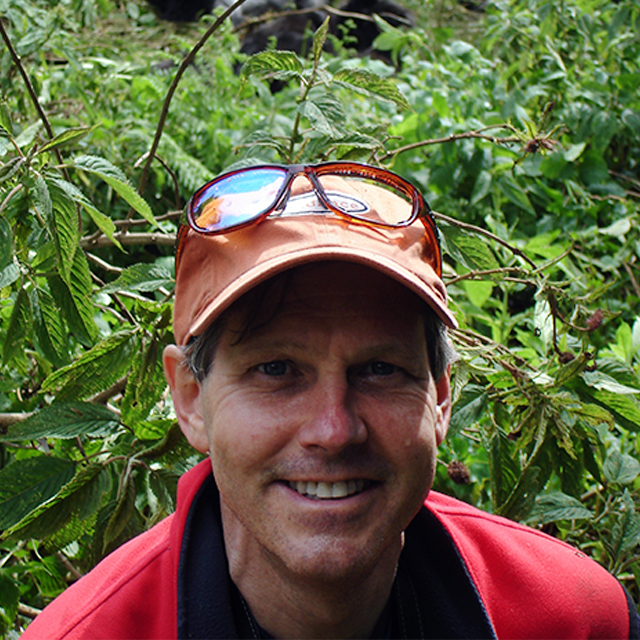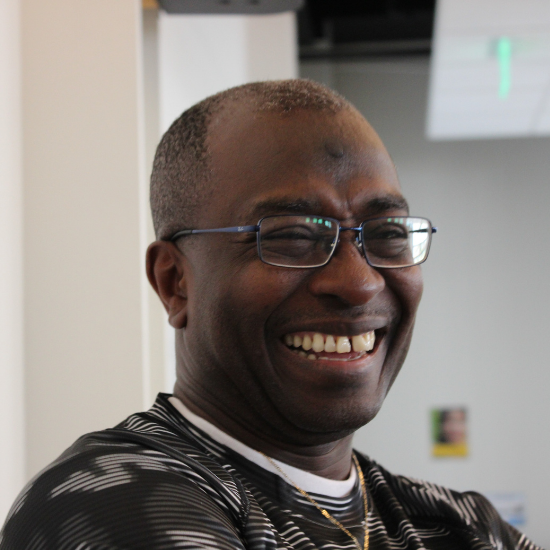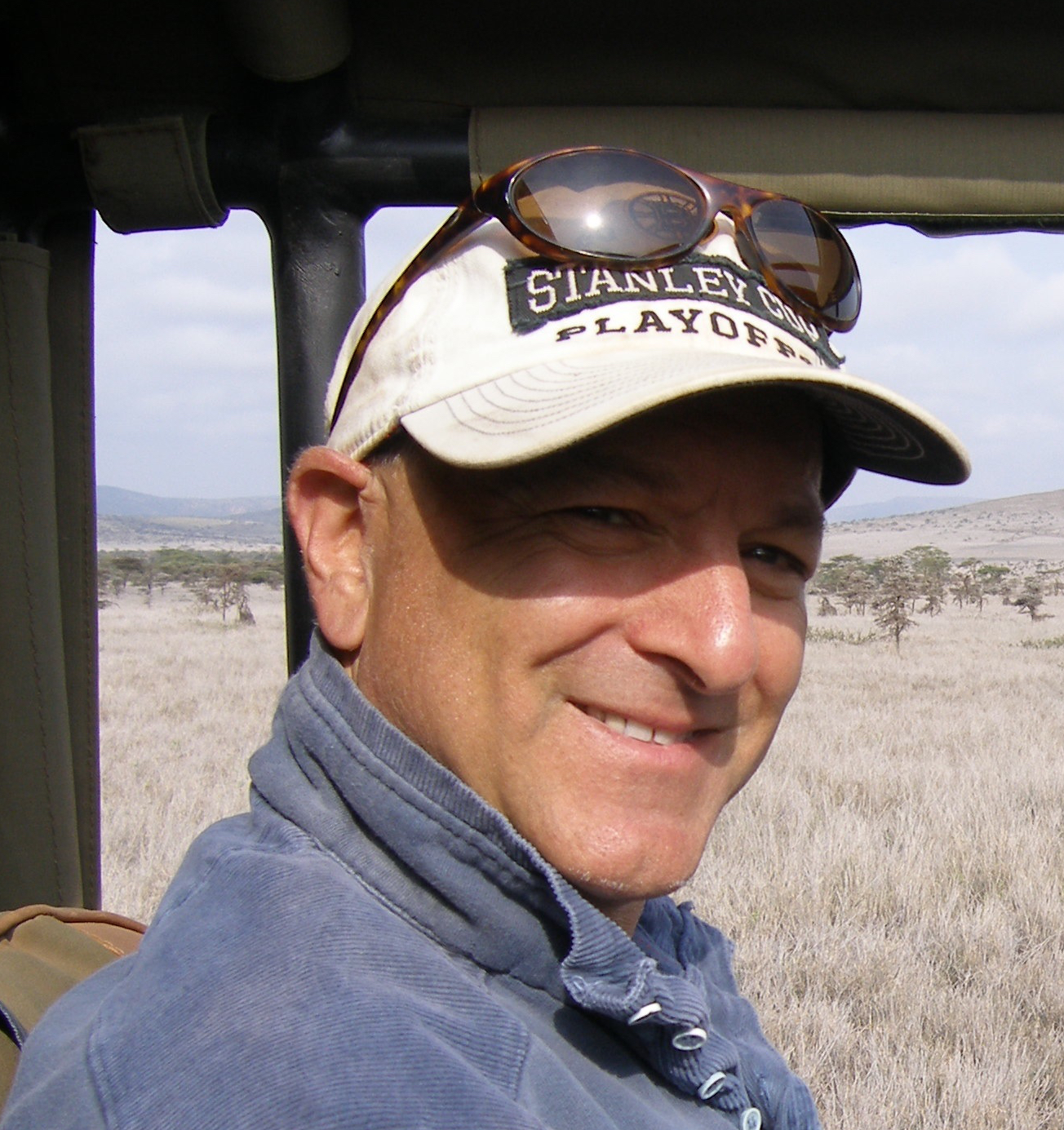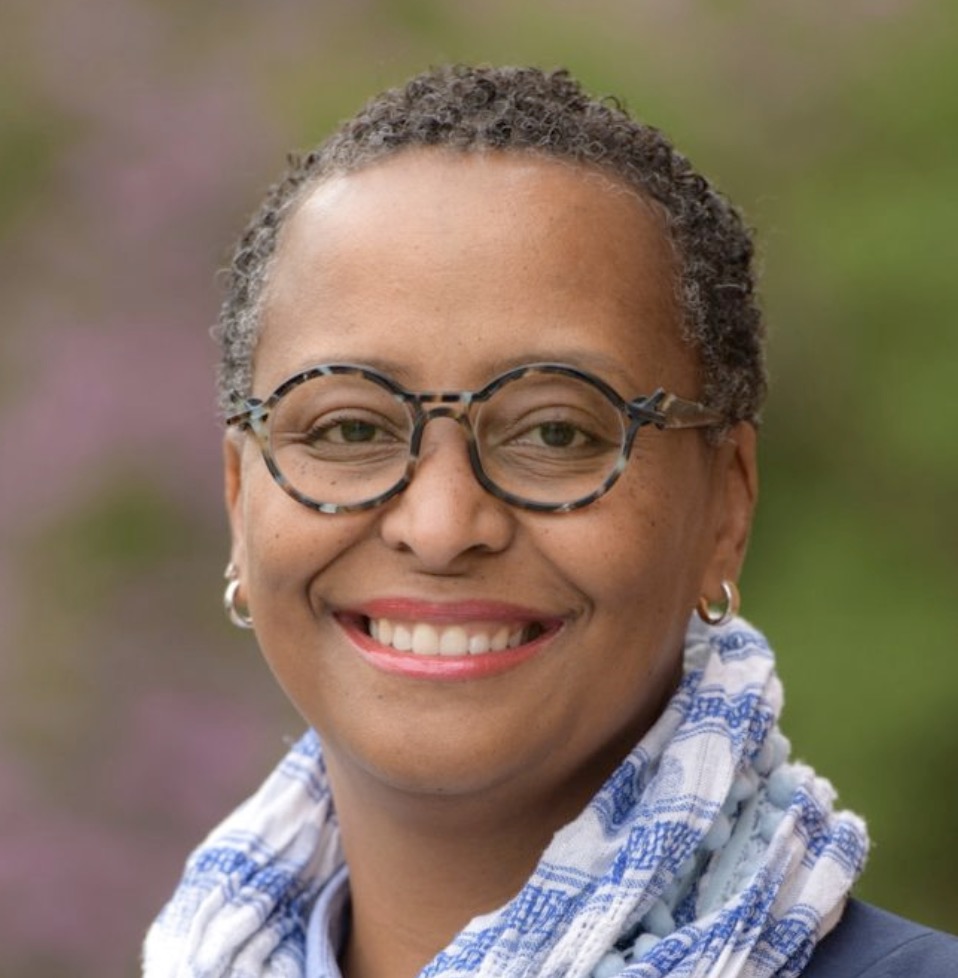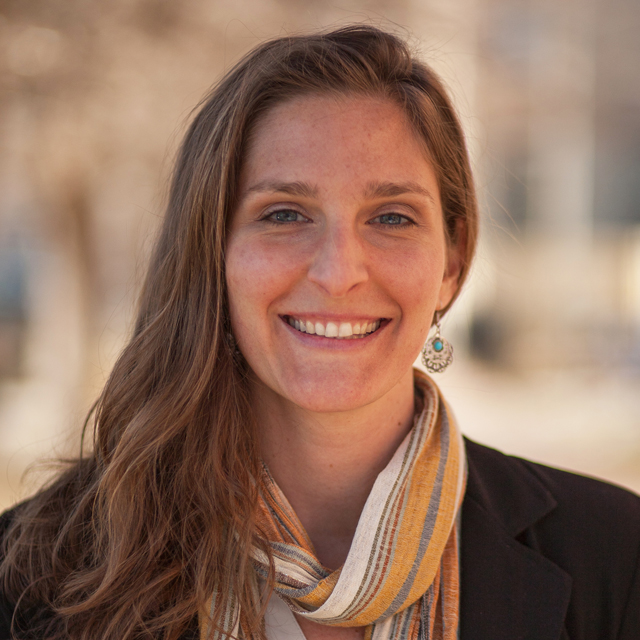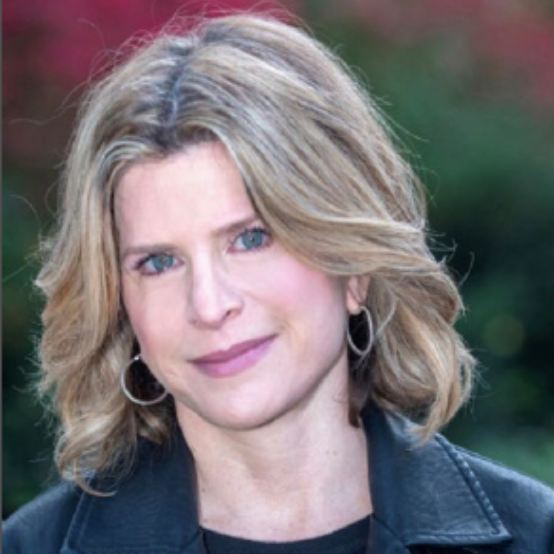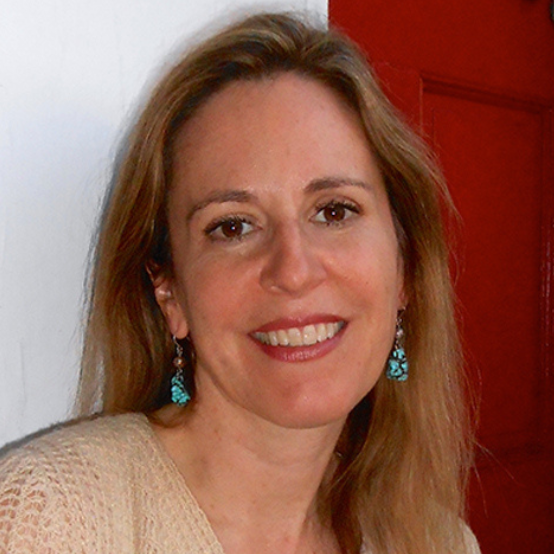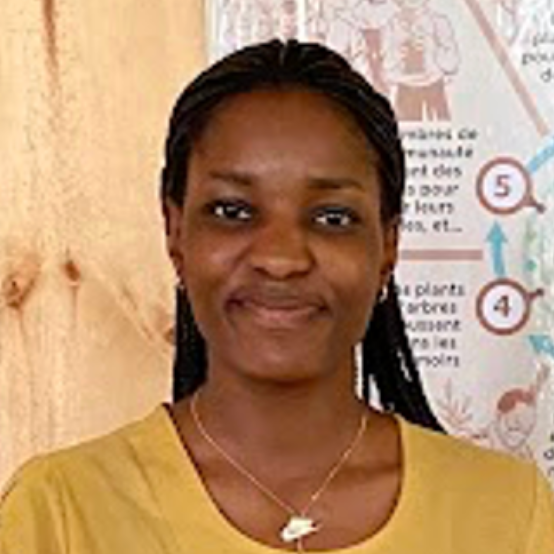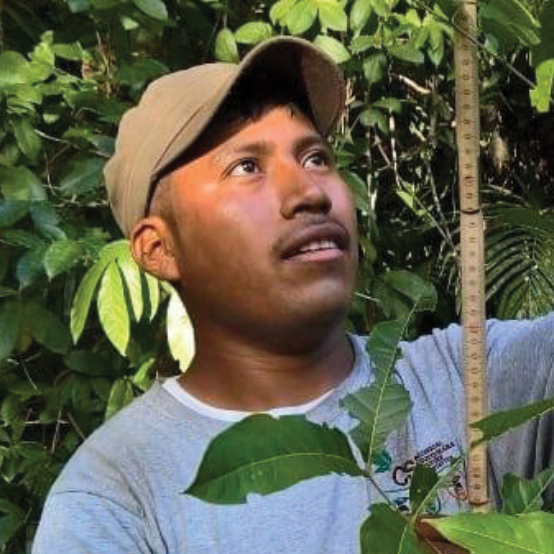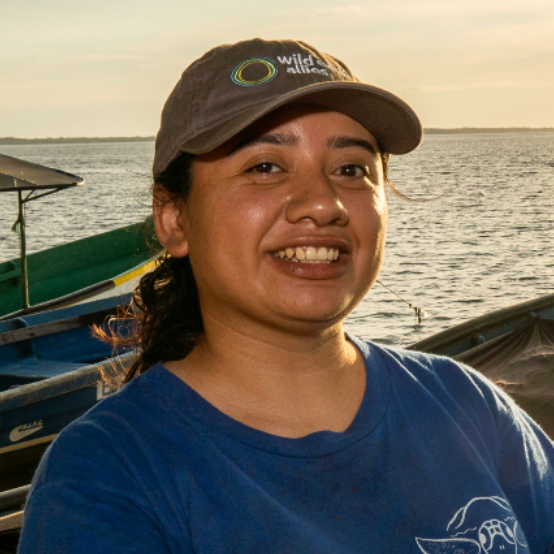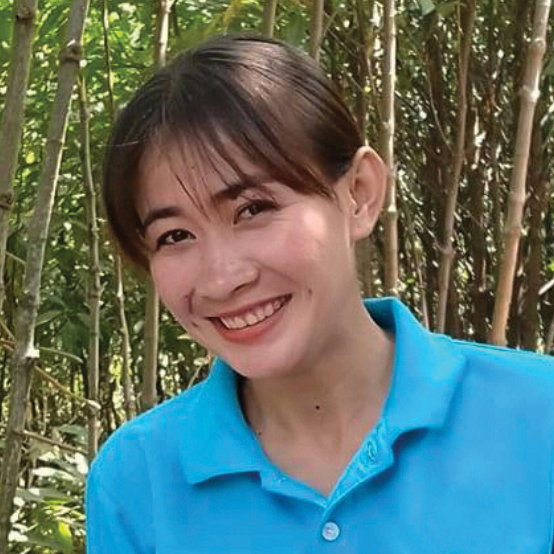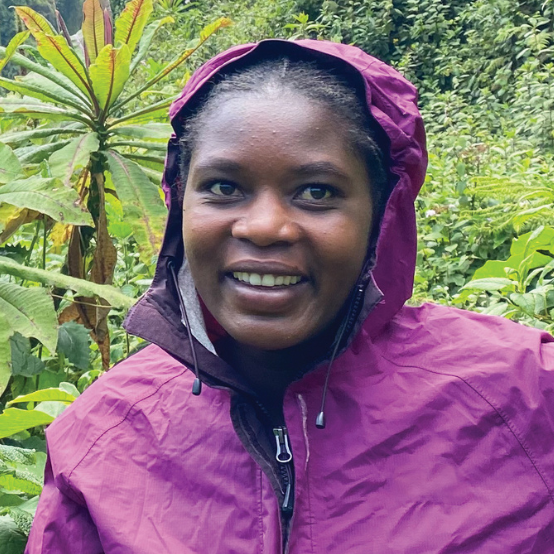Great Apes
Great ape conservation has long been a signature for our team. In particular, we offer a depth of expertise in gorilla conservation in Central Africa.

With our collaborative engagement and investment over more than two decades, the mountain gorilla population has nearly doubled. We are now leveraging our experience to benefit the critically endangered Grauer’s gorilla in the forested landscapes of eastern Democratic Republic of the Congo. Grauer’s gorillas were reclassified as critically endangered in 2016, with a global population estimated at 6,800 individuals as of 2021. Critical threats to Grauer’s include poaching and habitat loss.
As we look to the future of our work with great apes, we see much to signal success and inspire optimism.

Partnering for Grauer’s Gorilla Conservation
We are partnering with internationally-recognized primatologist and founder of the Congolese NGO Primate Expertise, Dr. Augustin Basabose. We worked with Dr. Basabose for many years on mountain gorilla conservation and now direct this shared history to improve protection of Grauer’s gorillas in the upland sector of Kahuzi-Biega National Park.
Together with Primate Expertise, we are addressing two major threats to great apes in and around Kahuzi-Biega—poaching and habitat loss. We are implementing ecological monitoring and research, snare removal and anti-poaching patrols, habitat restoration, and livelihood diversification to protect gorillas and improve livelihoods of people living in buffer areas outside the park.
View images of Grauer’s gorillas and our conservation partners by photojournalist Allison Shelley:

Imbereheza Gahunga, a Women-Led Cooperative
In Rwanda, together with our Conservation Advisor Eugène Rutagarama, we partner with the women-led cooperative Imbereheza Gahunga to build household rainwater tanks in communities bordering Volcanoes National Park. The tanks improve human well-being and protect mountain gorillas and their habitat by reducing the need to enter the park to collect water.
The pilot phase was a success, building 50 water tanks that meet the daily water needs of 600 people. We have documented many benefits from the project, including children staying in school, improved health and hygiene, and recovered time for women and girls who generally shoulder the burden of water collection. We are now scaling this program to build 1,000 tanks to benefit wildlife and people.
In 2022, we launched a revolving loan fund to further improve the lives and livelihoods of park-adjacent families. The pilot phase of the loan fund is providing flexible financing for 50 female members of the cooperative. Loan recipients can now rent land and buy seeds to grow their own potato crops. Using income from potato sales, the women are paying back the loans and supporting their families through the purchase of health care and other essentials.
We look forward to investing more in the revolving loan fund over time to unlock opportunities for the women-led cooperative and its members, from improved agricultural yields to small business ventures.
View images of the pilot Imbereheza Gahunga water tank program by Eugene Rutagarama, and mountain gorilla photos by Eric Sambol:

